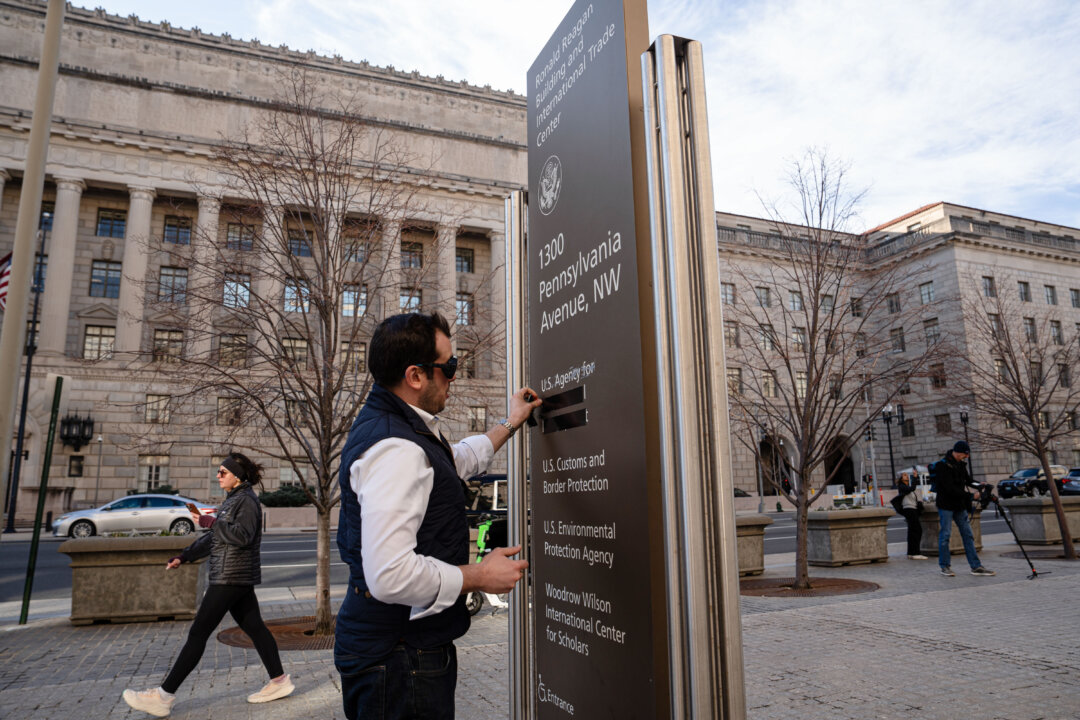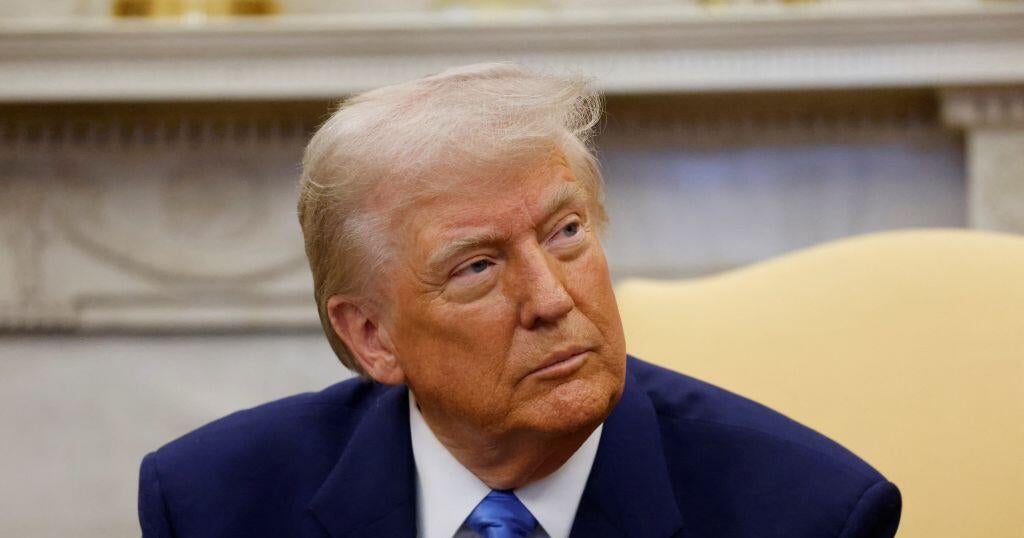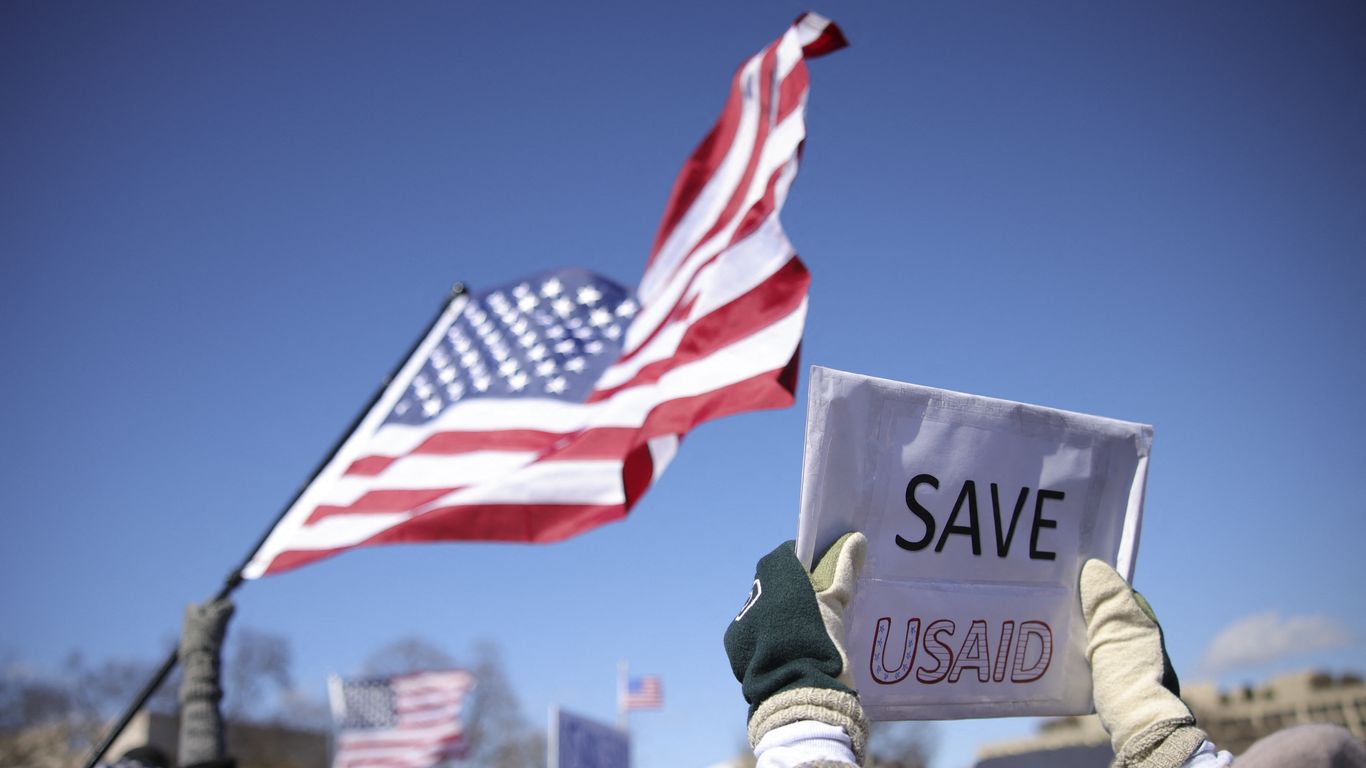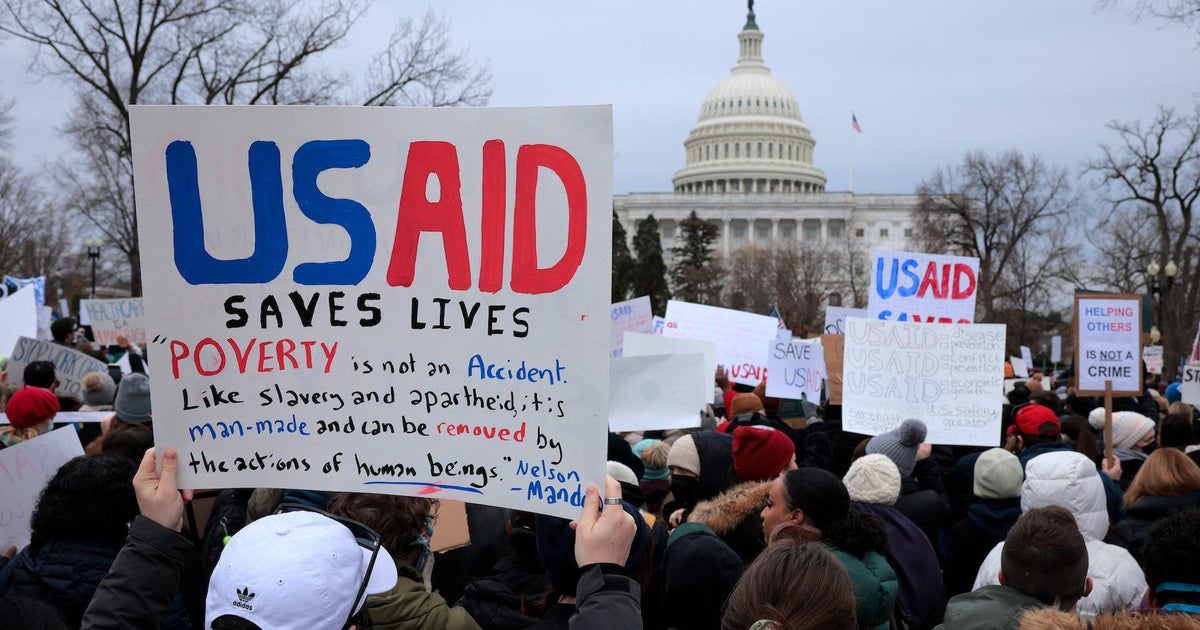Federal Judges Block Trump Administration's Funding Freeze Amid Legal Challenges
Federal judges continue to block the Trump administration's attempts to freeze federal grants and loans that could total trillions of dollars.
Overview
A federal judge has issued a preliminary injunction against the Trump administration's freeze on federal funding, impacting grants and loans worth trillions. The ruling came after plaintiffs demonstrated that the funding freeze would have catastrophic economic consequences. Multiple courts have intervened, citing potential violations of First Amendment rights and constitutional authority over federal spending. As challenges mount against the administration's funding decisions, the economic impact on nonprofits and small businesses remains a primary concern.
Content generated by AI—learn more or report issue.

Get both sides in 5 minutes with our daily newsletter.
Analysis
- Federal judges have ruled against the Trump administration's funding freeze, indicating it would cause economic harm and was likely unconstitutional.
- The administration's attempts to pause funding have resulted in widespread confusion and chaos among nonprofits and small businesses that rely on federal aid.
- Legal actions have successfully prevented the Trump administration from fully implementing its freeze on grants and loans, reflecting the judiciary's checks on executive power.
Articles (10)
Center (7)
FAQ
The judge ruled that the funding freeze was likely a violation of the Constitution and statutes of the United States, citing potential harm beyond monetary losses and concerns over separation of powers.
Other federal judges have blocked Trump administration policies, such as weakening diversity, equity, and inclusion initiatives and cutting NIH funding, citing constitutional and statutory violations.
The funding freeze could have catastrophic economic consequences, particularly affecting nonprofits and small businesses reliant on federal grants and loans.
Yes, the Trump administration can appeal these decisions to higher courts, such as the U.S. Court of Appeals.
History
- This story does not have any previous versions.






